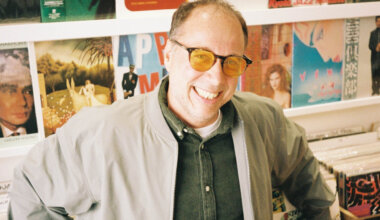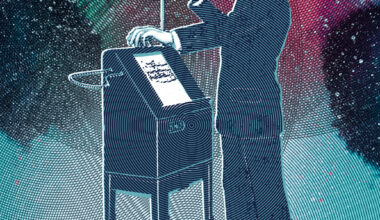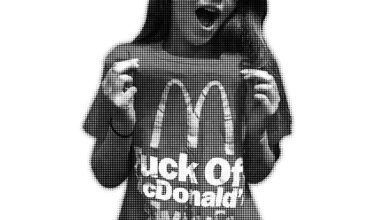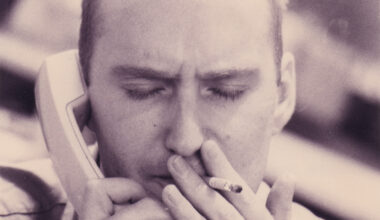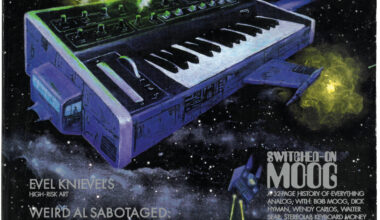Decades on from a time when you couldn’t simply produce a film soundtrack on a laptop, sound design supervisor Michael Fremer reflects on what it was like to work with composer Wendy Carlos for Disney’s 1982 sci-fi action-adventure, ‘Tron’
Want to read more?
Sign up to Electronic Sound Premium to gain access to every post, video, special offers, and more. 100%, all you can eat, no commitment, cancel any time.
Already a premium member? Log in here

